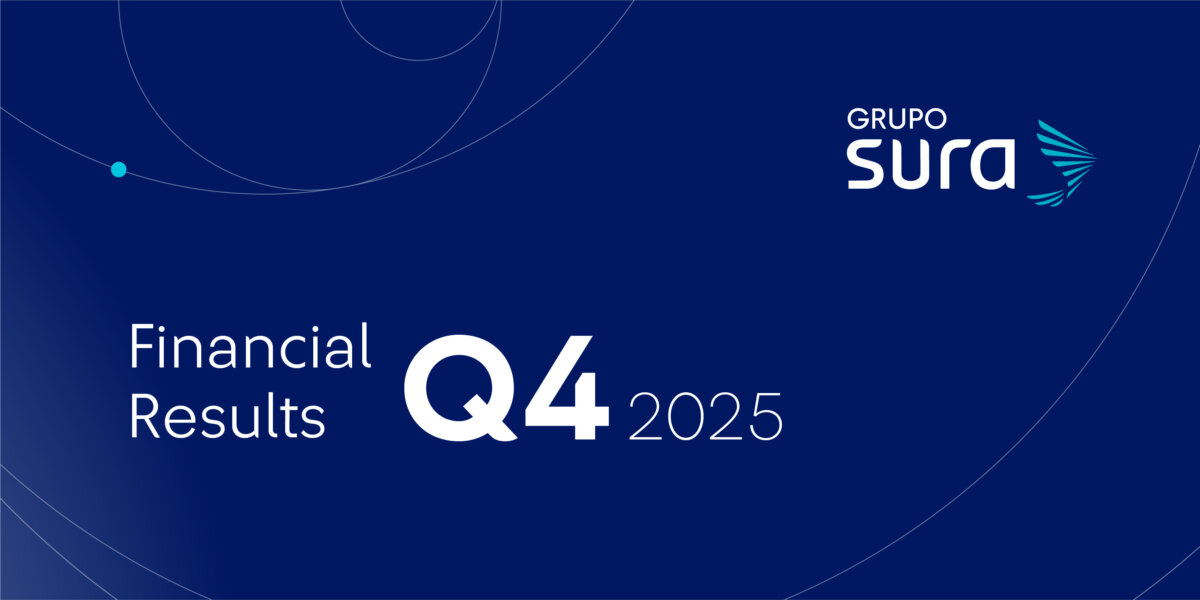Several analysts share their views on the relevance of stock exchanges for the region's growth and collective challenges.
By Valora Analitik for Grupo SURA*
The development of capital markets in Latin America is one of the region's pending tasks in terms of their integration and investment attraction.
The capital markets contribute to the development and growth of economies, as evidenced by those of top-tier economies such as the United States and Europe. The securities markets also offer products and services that enable short- and long-term savings and investment financing.
"Stock markets play a key role in the democratization of capital. Consequently, both private and state-owned companies are able to issue a certain percentage of their shares in order to finance their investment projects and, in turn, allow potential shareholders to take part in the financial and operating decision-making processes of these companies," stated Fabiano Borsato, Chief Operating Officer of the investment firm Torino Capital, a firm which focuses on Latin America.
For Fabiano Borsato, the latter involvement helps to improve company performance, strengthen corporate governance and enhance profitability. "In this regard, we should note that a robust and deep stock market must go hand in hand with inclusive and sustained economic growth," he commented.
The Inter-American Development Bank (IDB) in a report written in collaboration with South Pole and Sitawi, highlighted the need to leverage existing public and private sector investment vehicles as well as regulations for infrastructure investments through the capital markets.
This study shows that the region has not yet adopted the capital market tools needed to drive change towards sustainable infrastructure. Even if these instruments are driven by market-led initiatives, the next crucial step is to support regulators so that they may encourage investment in this field.
To this end, the key steps to be taken include encouraging innovation and adapting existing regulations and investment vehicles by developing green, social and sustainable labels for instruments other than bonds. There is also a need to create incentives such as specific risk mitigation mechanisms (e.g., foreign exchange risk mitigation, first loss provisions, viability gaps and liquidity facilities) as well as labeling standards for issuing sustainable infrastructure instruments on the capital markets.
An uneven stock market performance throughout the region
Over the last six years, Latin American capital markets have performed unevenly, with the performance of the benchmark indices of the Brazilian and Peruvian stock exchanges outstripping the rest, despite the effects of political cycles, the pandemic, and the impact of global markets.
According to the TradingView platform, the Colombian Stock Exchange has been the only stock market that has recorded a significant drop in recent years. Regarding the local Msci Colcap Index, this reverse for the Colombian market comes to 16.32 %. In particular, the Colombian market has been hit during this period by the withdrawal of certain issuers as well as a low number of new players that could otherwise energize the local market.
Graph 1:










